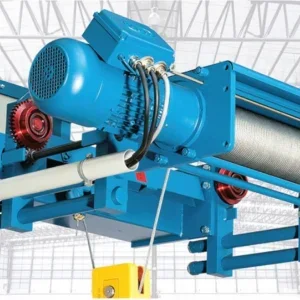Most prominently, perhaps, is the Covid-19 vaccine that is now being rolled out in many countries—while 2020 was the most unusual and challenging of years, the prospect of mass vaccinations is a real boon, and feels like a just reward for the patience and grit most of us have had to show over the last 12 months.
The opportunity to safely return to some sort of normal— covering industry, entertainment events, meet-ups with friends and family, and beyond—should be not too long in coming now, and frankly it can’t come soon enough.
Politically, it looks as though the new administration will begin in the US shortly, pending any further legal challenges. How much will actually change may come down to—as far as I understand the intricacies of the US political system—a couple of Senate run-off elections in Georgia, happening early this month. If the Republican incumbents win, then the Senate will remain under the control of their party, and President Biden may struggle to pass new bills.
Either way, any changes that are made over the next four years are unlikely to be too dramatic—the Democrats are regularly referred to as ‘the radical left’ by various individuals in the media and politics, but the party’s policies could only just about be described as ‘left’, let alone ‘radical’. A more accurate term would be social democracy, as used successfully in many parts of Europe, but the Overton window has been pushed so far right in recent years—hence the rise of populism and nationalism in countries across the world—that being marginally left of centre, politically, can now be painted as radical.
Over here in the UK, our own leader Boris Johnson is, at the time of writing, dangerously close to a nodeal Brexit. The Conservative Party’s 2019 general election campaign was based primarily on the promise of an ‘oven-ready Brexit’, which after three years of little progress tempted many voters into lending their support. One year later, it would appear that this perhaps wasn’t entirely factual, although given the spectre of the infamous Leave vote bus—which seemed to promise £350m a week for the NHS before that idea was quickly dismissed, shortly after the referendum— maybe that shouldn’t be a surprise. Change is inevitable, although we’ll have to wait and see what form it takes.
And finally, from next month you’ll notice a change to your regular copy of Hoist, as my grinning mug won’t be at the top of this page any longer. At the start of the new year I’m moving on to a monthly publication that covers the metal packaging industry, after four years at the helm of Hoist.
So, without wanting to sound too much like an Oscar acceptance speech, thank you to everyone I’ve worked with in the industry. It’s been a pleasure, and I hope Hoist has helped to represent the lifting industry in the best possible light.






